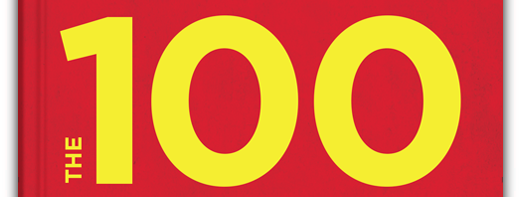Avoiding the Downside of Too Much Focus

In a previous post, Train Your Brain, I shared ideas on focus and productivity. On this post, let’s pivot (a very popular word in today’s biz world) 180 degrees and address too much focus.
Sound like an oxymoron? Not at all says Srini Pillay, an executive coach, author, assistant professor at Harvard Medical School and CEO of the NeuroBusiness Group. With those credentials, I decided his thesis deserved consideration – even though I’m a big believer in focus (see my last post!).
Writes Pillay in “Your Brain Can Only Take So Much Focus” in a special edition of Harvard Business Review, “. . .excessive focus exhausts the focus circuits in your brain. It can drain your energy and make you lose self-control. This can make you more impulsive and less helpful. As a result, decisions are poorly thought out, and you become less collaborative.”
Yikes.
Before you throw out all the deadlines and head to the beach, listen to the rest of Pillay’s message: “The brain operates optimally when it toggles between focus and unfocus, allowing you to develop resilience, enhance creativity, and make better decisions.”
In other words, balance!
Pillay’s thesis goes on to encourage this healthy brain balance with a few tips (I’ll spare you the technical details):
- Use positive constructive daydreaming or PCD. – Unlike the garden variety goofing off or simply tuning out, PCD is intentional and, when done consistently, trains your brain to pull out the bits and pieces you may have forgotten but that can contribute to your creativity and ability to solve problems. This sounds a lot like lucid dreaming, which also involves consciously using your mind while you’re in an unconscious state.
- Take a nap – There are a lot of theories about napping, but here is what Mr. Pillay has to say: “Not all naps are the same. When your brain is in a slump, your clarity and creativity are compromised. After a 10-minute nap, studies show that you become much clearer and more alert. But if you have a creative task in front of you, you will need a full 90 minutes for more complete brain refreshing to make more associations and dredge up ideas that are in the nooks and crannies of your memory network.”
- Pretend to be someone else – Ok, I have to admit this last tip seems a bit far out to me. But on reflection I realized it’s just a slightly updated version of the old advice to “put yourself in someone else’s shoes” to get a new perspective. The author playfully calls this “psychological halloweenism” and advises imagining yourself as a “eccentric poet rather than a rigid librarian.” In other words, find a way to get out of your own head and into someone else’s. It just might unlock your thinking and help you to find new ideas and ways out of problems you had not imagined previously.
According to Pillay, most of us spend nearly half of our days “with our minds wandering away from a task at hand,” but he adds, “if we build PCD, naps and psychological halloweenism into our days, we can preserve focus for when we need it and use it much more efficiently. Most important, unfocus can allow us to update information in the brain, giving us access to the deeper parts of ourselves and enhancing our agility, creativity and decision making.”